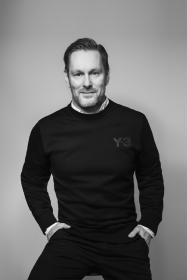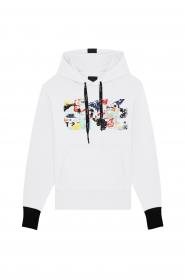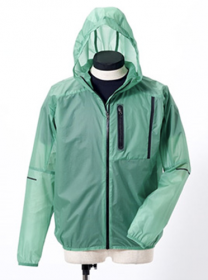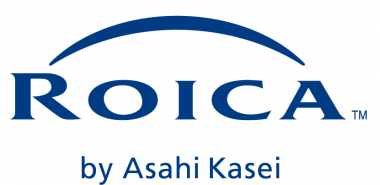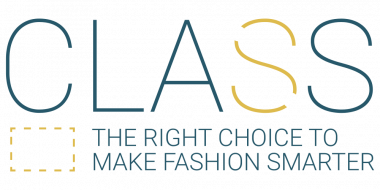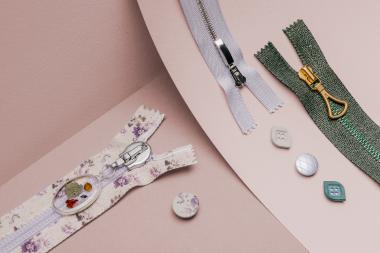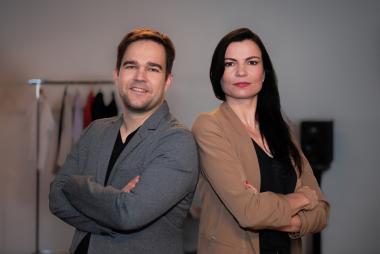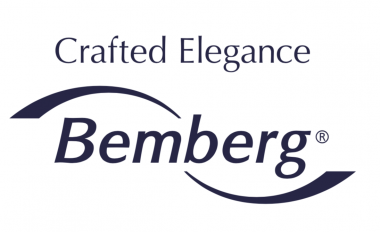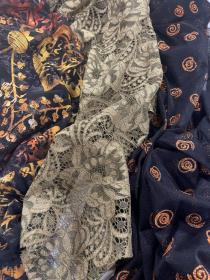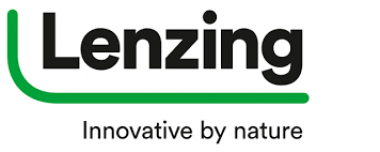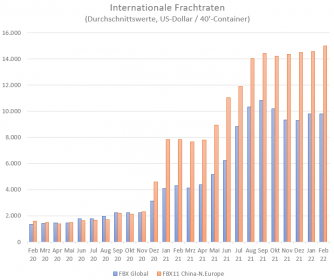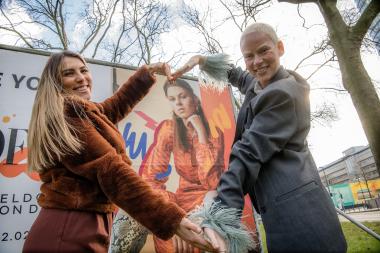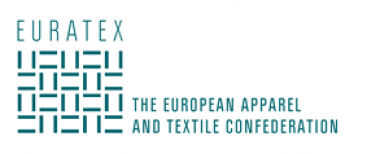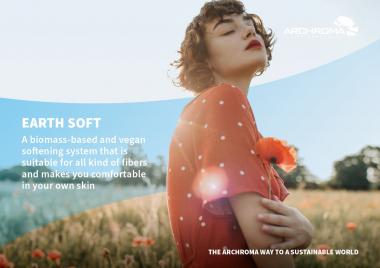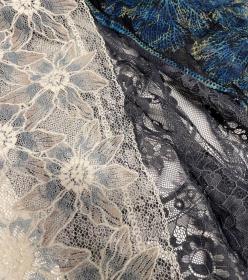adidas Supervisory Board extends appointments of Roland Auschel and Brian Grevy
The Supervisory Board of adidas AG extended the appointment of Executive Board member Roland Auschel, responsible for Global Sales, by two years beyond 2022 until the end of 2024. Roland Auschel has been member of the Executive Board of adidas AG since 2013. At the same time, the Supervisory Board of adidas AG extended the appointment of Executive Board member Brian Grevy, responsible for Global Brands, by five years beyond 2022 until early 2028. Brian Grevy has been member of the Executive Board of adidas AG since 2020.
“On behalf of the Supervisory Board, I am very pleased to announce that we have extended the appointments of both Roland and Brian. Our long-term strategy ‘Own the Game’ has the consumer at its heart. Both Roland and Brian play key roles in bringing this consumer focus to life with their respective functions. We are convinced that they will continue the successful execution of our strategy together with the entire Executive Board”, stated Thomas Rabe, Chairman of the Supervisory Board of adidas AG.
adidas AG






